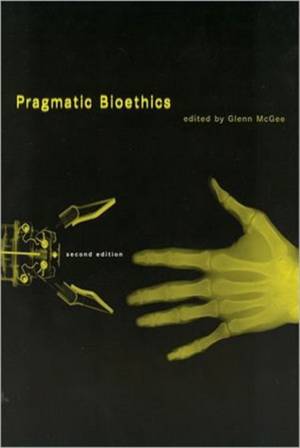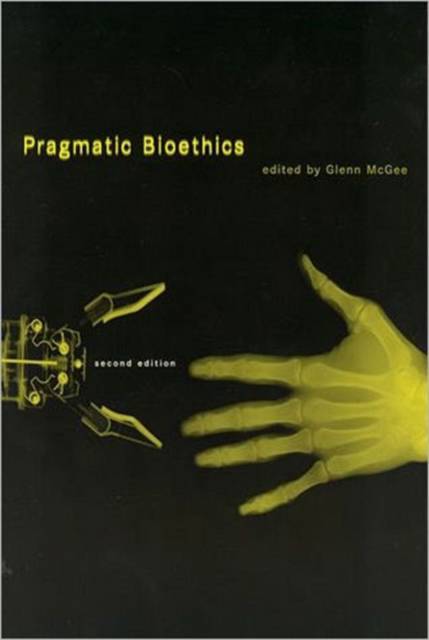
- Retrait gratuit dans votre magasin Club
- 7.000.000 titres dans notre catalogue
- Payer en toute sécurité
- Toujours un magasin près de chez vous
- Retrait gratuit dans votre magasin Club
- 7.000.0000 titres dans notre catalogue
- Payer en toute sécurité
- Toujours un magasin près de chez vous
Description
Modern scientific and medical advances bring new complexity and urgency to ethical issues in health care and biomedical research. This book applies the American philosophical theory of pragmatism to such bioethics. Critics of pragmatism argue that it lacks a universal moral foundation. Yet it is this very lack of a metaphysical dividing line between facts and values that makes pragmatism such a rigorous and appropriate method for solving problems in bioethics. For pragmatism, ethics is a way of satisfying the complex demands of multiple individuals and groups in a contingent and changing world. Pragmatism also demands careful attention to the ways in which scientific advances change our values and ethics. The essays in this book present different approaches to pragmatism and different ways of applying pragmatism to scientific and medical matters. They use pragmatism to guide thinking about such timely topics as stem cell research, human cloning, genetic testing, human enhancement, and care for the poor and aging. This new edition contains three new chapters, on difficulties with applying pragmatism to law and bioethics, on helping people to die, and on embryonic stem cell research.
Spécifications
Parties prenantes
- Editeur:
Contenu
- Nombre de pages :
- 309
- Langue:
- Anglais
- Collection :
Caractéristiques
- EAN:
- 9780262632720
- Date de parution :
- 25-04-03
- Format:
- Livre broché
- Format numérique:
- Trade paperback (VS)
- Dimensions :
- 164 mm x 226 mm
- Poids :
- 426 g

Les avis
Nous publions uniquement les avis qui respectent les conditions requises. Consultez nos conditions pour les avis.





